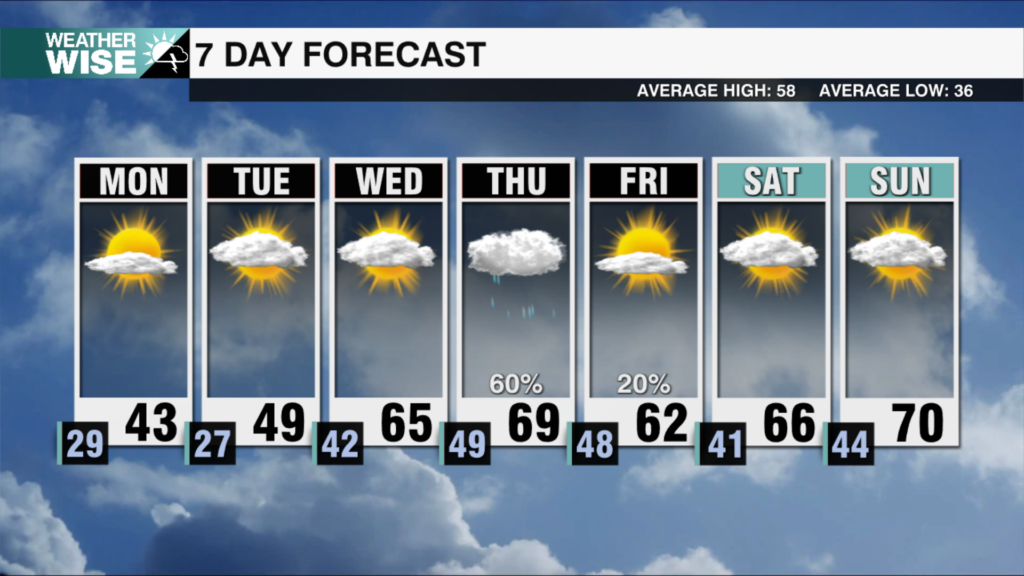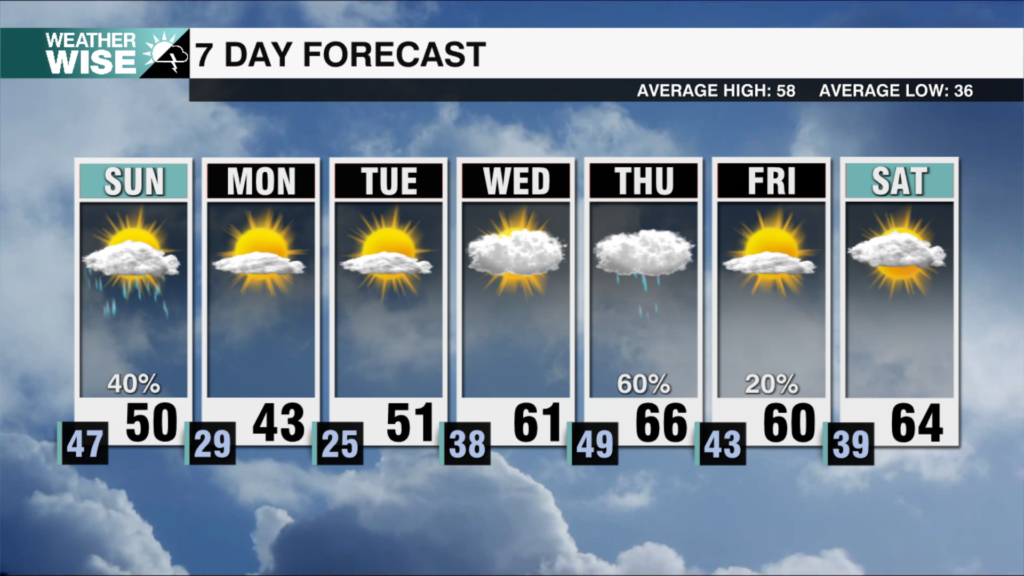CHARLOTTE, N.C. – After a warmer-than-average winter across much of North Carolina, home gardeners may find themselves in for an early and abundant summer growing season. While the lack of deep freezes might worry some, experts say the mild conditions could give certain crops a major head start, especially heat-loving vegetables, herbs, and southern staples.
“Warmer winters can actually be a big advantage for summer produce,” says Martynas Mandrijauskas, founder of Craftcamp, a resource for gardeners and DIYers with step-by-step guides from building raised beds to DIY greenhouses to maximizing fruit tree yields. “If you know what to plant – and when – the results can be spectacular.”
Tomatoes, Okra, and Peppers Set to Thrive
Mild winters often mean soil temperatures warm earlier in the year, allowing classic summer crops like tomatoes, bell peppers, and okra to get established faster. Gardeners in North Carolina should find transplanting conditions favorable weeks earlier than usual – and may even be able to get in a second round of planting later in the season.
Citrus and Sweet Potatoes Could Benefit from Early Heat
In regions where citrus trees or sweet potatoes are grown, the early warmth reduced stress from late frosts and allowed for a longer, more stable growing period. That’s good news for anyone hoping for juicier satsumas or a bumper haul of sweet potatoes come fall.
Squash, Cucumbers, and Melons Ready for a Running Start
Vining crops like cucumbers, zucchini, and melons thrive when soil temperatures rise early and stay warm. A shorter, gentler winter means these fast growers can hit the ground running, with fewer setbacks from cold snaps or transplant shock. For gardeners with space, this is a great year to let vines sprawl.
Watch for Pests – and Act Early
One caveat to a mild winter is that fewer pests are killed off by frost. Gardeners should be proactive this year: use floating row covers, plant pest-deterrent herbs like basil and marigold, and consider companion planting to stay ahead of any infestations.
Water Wisely and Mulch Generously
Warmer winters may also mean drier soil heading into summer. Be sure to water deeply and mulch around young plants to preserve moisture and keep root zones cool. “Think of mulch as sunscreen for your soil,” says Mandrijauskas. “It protects your investment when the summer heat kicks in.”
Bottom Line for North Carolina Gardeners
A warmer winter doesn’t mean less to grow – it means different opportunities. For those planting at the right time, and picking crops that love the heat, 2025 could be a standout summer season.





